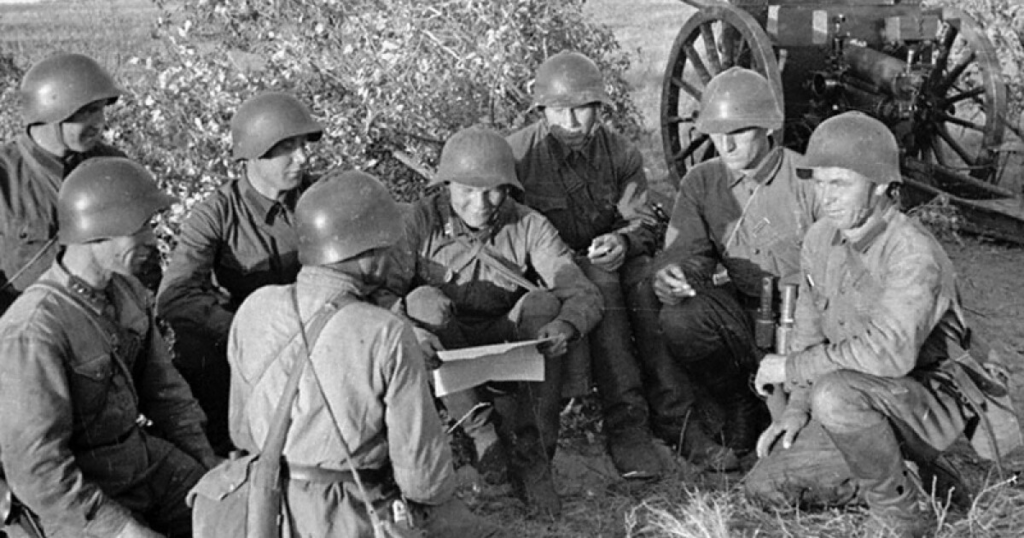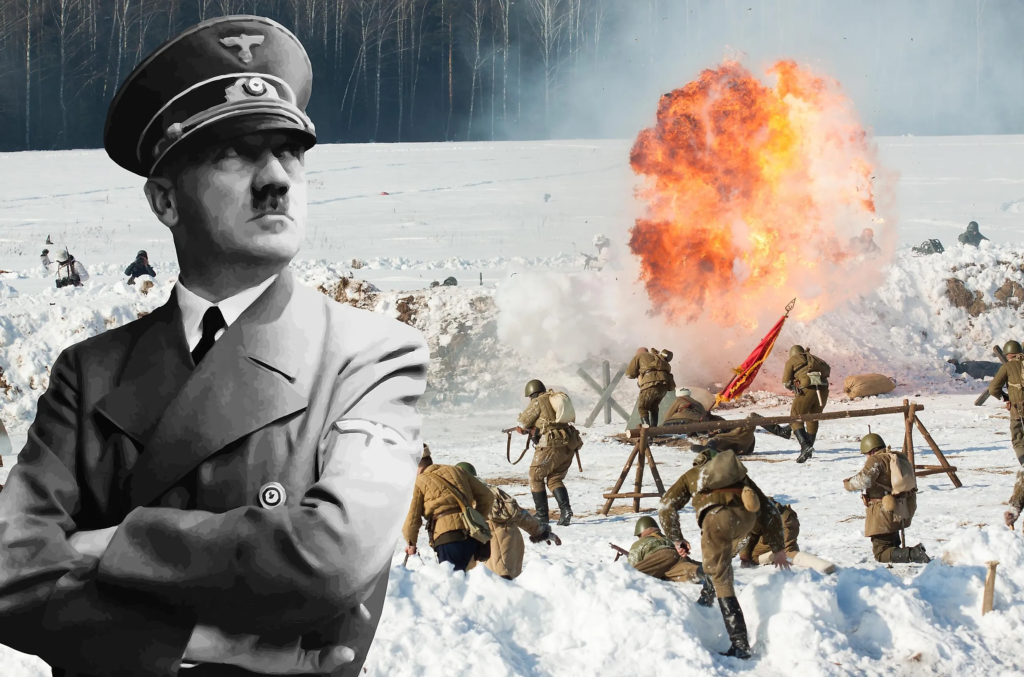The world was plunged into the depths of one of the deadliest conflicts in history during World War II. This global cataclysm left an indelible mark on nations and societies across the globe. But what truly led to the outbreak of World War II? Let’s delve into the intricate web of historical events and geopolitical tensions that ignited this devastating chapter in human history.
World War -The Treaty of Versailles- Seeds of Resentment
In the aftermath of World War I, the Treaty of Versailles was crafted, aiming to bring an end to hostilities between the Allied Powers and Germany. However, this treaty imposed crippling reparations on Germany, territorial losses, and significant military restrictions. It was a recipe for discontent, laying the groundwork for future conflicts.
World War – Expansionist Ambitions and Imperialism
Nations, driven by expansionist ambitions, began vying for dominance and control over global territories. Adolf Hitler’s aggressive expansionist policies, which sought to reunify all German-speaking people and expand Germany’s borders, were a stark example of this trend. Similarly, Japan’s imperialistic aspirations in Asia fueled tensions in the Pacific.

Economic Struggles: A Catalyst for Conflict
The Great Depression of the 1930s had a profound impact on the global economy. Many nations faced severe economic hardships, leading to unemployment and poverty. Desperation and economic instability created fertile ground for extremist ideologies to flourish, as leaders promised solutions to these dire circumstances.
Militarization and Arms Race
A significant factor contributing to the outbreak of War was the rapid militarization of nations. Germany, under Hitler’s rule, aggressively expanded its military capabilities, while other nations, including the Soviet Union, the United States, and the United Kingdom, engaged in an arms race to maintain their military supremacy.

The Spark: Assassination of Archduke Ferdinand
The assassination of Archduke Franz Ferdinand of Austria-Hungary in 1914 is often considered the spark that ignited World War I. The unresolved issues and lingering tensions from this conflict simmered beneath the surface for years, ultimately leading to the eruption of World War II.

In conclusion, World War II was not a result of a single cause but rather a complex interplay of historical, political, economic, and territorial factors. The Treaty of Versailles, expansionist ambitions, economic struggles, militarization, and the unresolved issues from War I all contributed to this devastating global conflict. Understanding these interconnected elements is crucial to comprehending the true reasons behind why it happened.

